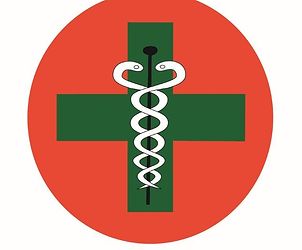If you think Risk Management and emergency Care training is expensive – try paying for, or living with the aftermath of an accident!
Introduction
In most work environments the management of a crisis rests with the management at the time of the incident and ultimately the reputation of the company rests not on the outcome of the crisis but the way it was dealt with. Resorts and Hotels are no exception. If incidents involving guests and accidents are handled poorly the cost can be high.
Pacific Medicare provides Risk Management and Crisis Management to address the complex issues involved in risk proofing a working environment to minimise the risk of an incident. The courses also provide the skills training necessary for personnel to manage a crisis from its creation to the end.
This course is not a standard course but is situational and specific to each work place, Resorts especially. Risk and Crisis Management Training is strongly recommended on the Resort, in conjunction with emergency care training, and after consultation with Pacific Staff to ensure essential factors of risk are identified and trained on accordingly
SESSION OBJECTIVES:
By the end of this session participants will be able to:
- Recognize emergency situations without delay and minimize further trauma
- Manage emergency situations with respect to existing resources
- Manage triage information for evacuation purposes
- Utilize relevant documentation to predict and minimize risk factors and resource wastage
- Manage environmental emergency management
- Learn the chain if responsibility and how to maintain its smooth running
- Train off and run scenarios to increase the skill of resort staff associated with emergency care and safety
- Become familiar with trauma care methods designed to manage complicated emergency situations.
- Be able to link emergency care with the necessity to manage a crisis with efficiency to minimize further trauma.
- Oversee the use of specialized emergency equipment in an emergency care crisis.
- See the importance of linking all training in emergency care with relevant risk management and safety procedures currently in operation within the work place.




